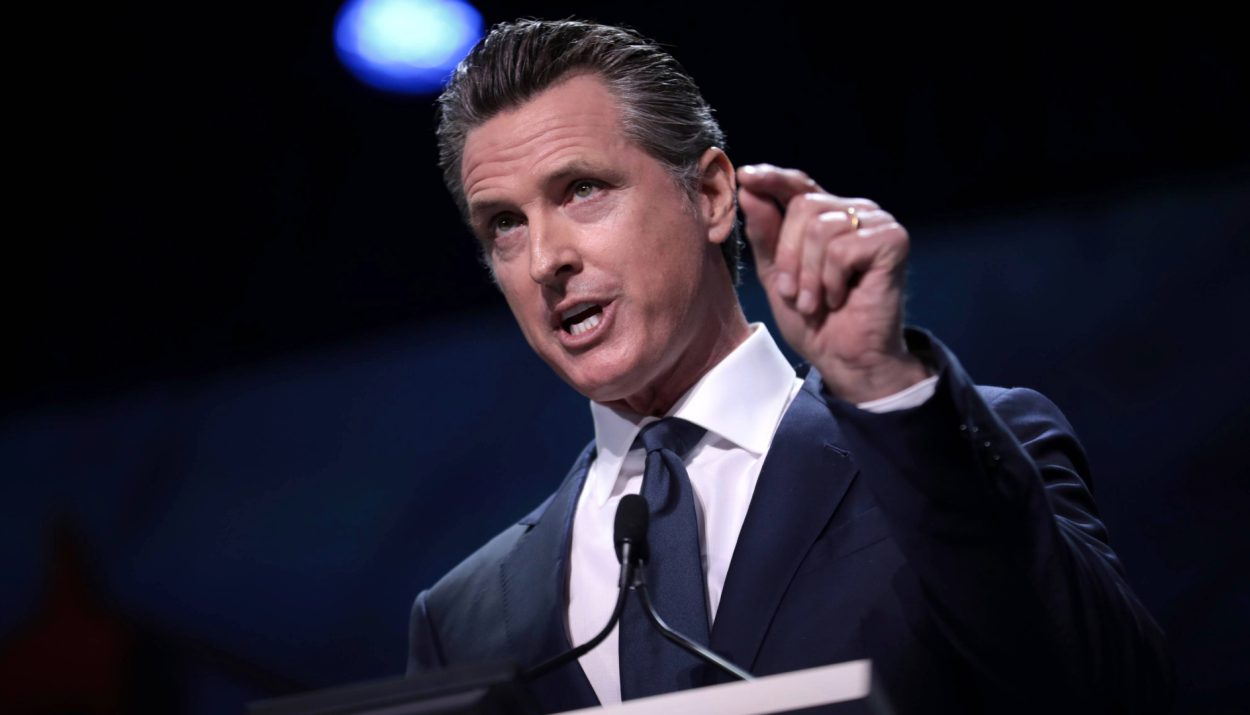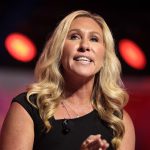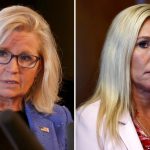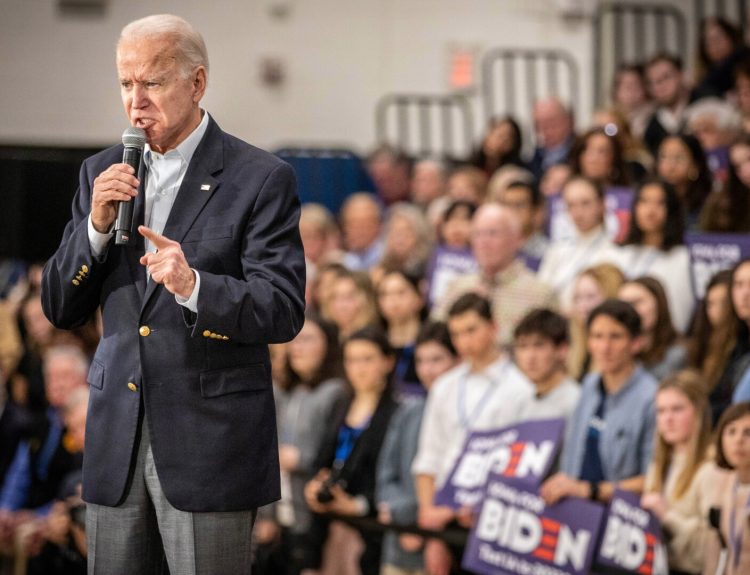California’s recent implementation of the minimum wage law for fast-food workers came into effect on April 1. Eligible fast food workers are now entitled to receive $20 per hour minimum wage. The new legislation has ignited substantial discussions about its effects on businesses, the labor market, and the economy in general. Opinions are divided regarding the implications and consequences of this law.
Panera Bread May Be Exempt
People are speculating that the new law includes an exemption that seems to benefit Panera Bread franchise owner Greg Flynn who is an important campaign donor to California Governor Gavin Newsom.
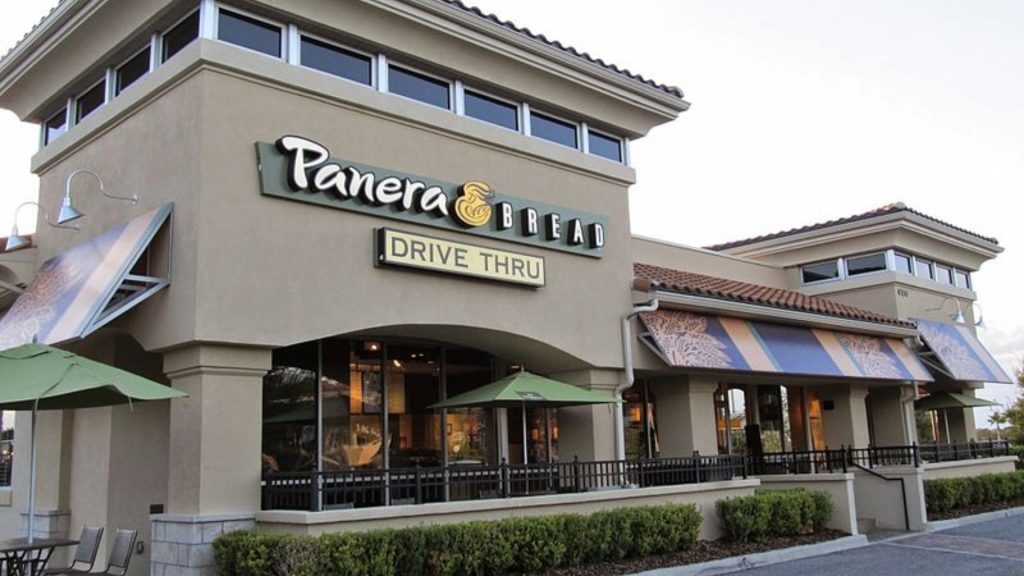
The exception in the law is applicable to fast food chains that bake and sell their own bread as a standalone item – something Panera Bread does.
Flynn Donated More Than $220,000
Flynn has donated more than $220,000 to Governor Newsom. The exception included in the legislation may enable an exemption for Panera Bread.
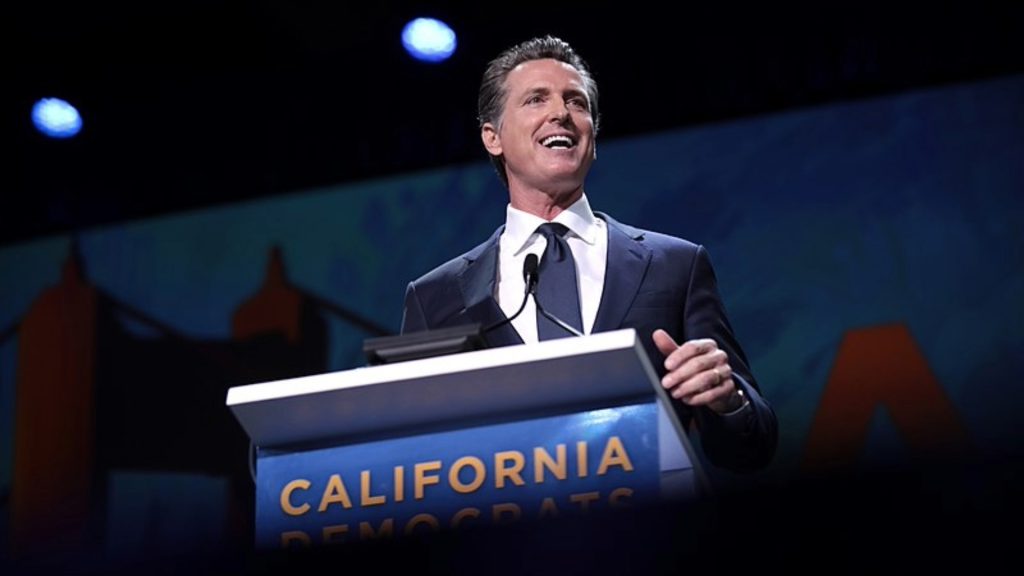
In that case, the franchise won’t have to raise its minimum wage for workers to $20 per hour.
Hidden Agenda
Last year, during a press conference, a reporter asked Newsom if there was any hidden agenda behind including an exemption that clearly favors Panera over other chains.
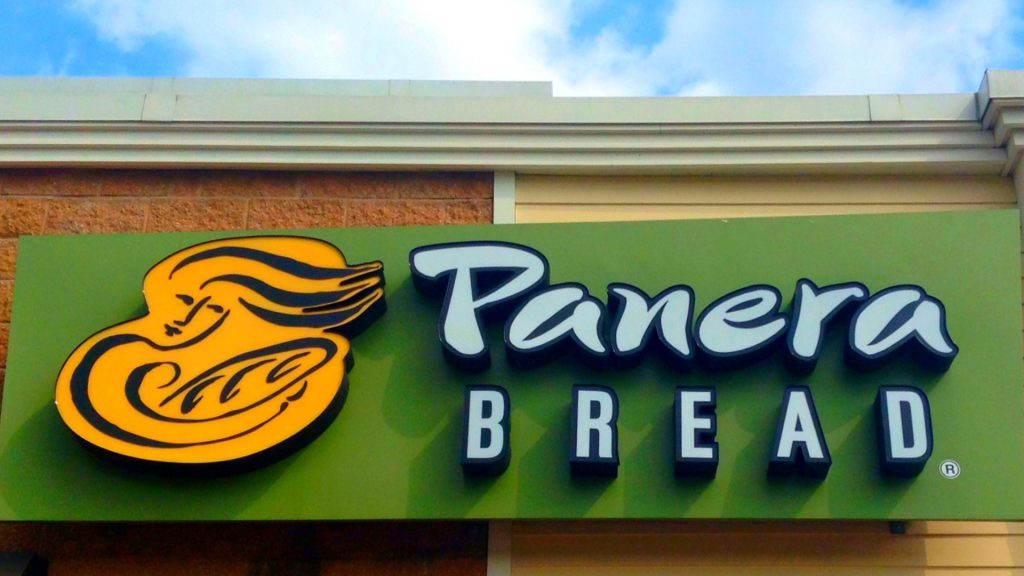
Newsom responded to the reporter’s question asserting that the decision was “the result of countless hours of negotiations with dozens of stakeholders over two years.”
It Is Not Entirely Clear If Panera Is Actually Exempt
Newsom’s office has denied that Flynn is receiving any kind of special treatment. They have also stated that Panera performs the dough-mixing process off-site.
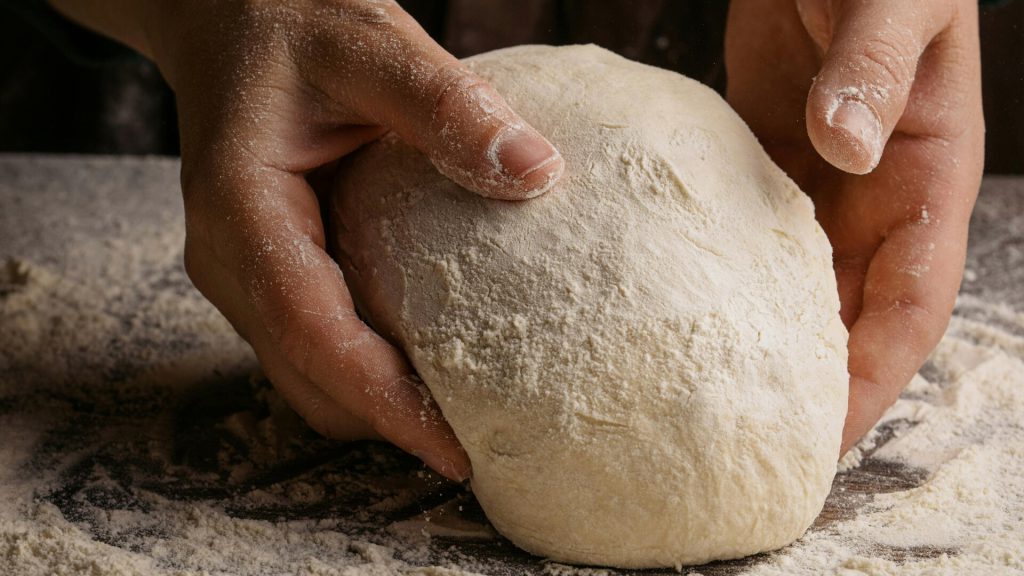
However, the office has not given any clarification on this exemption when asked about it last year.
Republicans Are Demanding An Investigation
Republicans are urging an investigation to determine if campaign contributions have influenced the bill’s language.

Deflecting the accusations, Flynn stated, “Such a narrow exemption has very little practical value. As it applies to all of our peer restaurants in the fast casual segment, we will almost certainly have to offer market value wages in order to attract and retain employees.”
Brian Jones Says “It’s Unacceptable”
State Senate leader Brian Jones expressed his disapproval for special exemptions meant to benefit campaign contributors. Jones said, “Put simply, campaign contributions should not buy carveouts in legislation.”

Jones added emphatically, “It’s unacceptable.”
Supporters Argue The Exemption Benefits Hundreds of Businesses
While there are many critics who are suspicious of the motives behind the exemption, there are also individuals who support it.
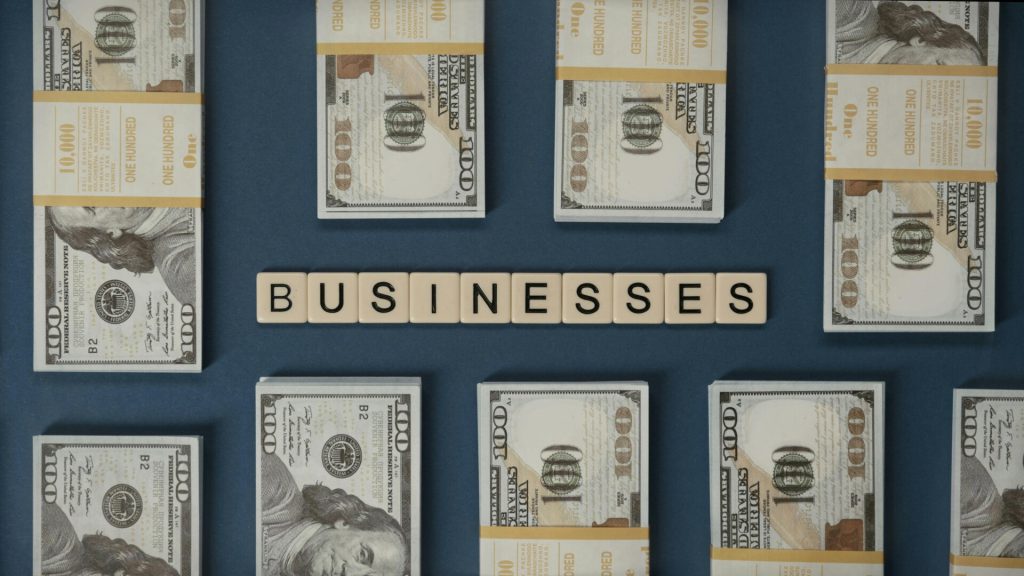
Tia Orr, executive director of Service Employees International Union California, said, “Like all transformational initiatives, it addressed difficult questions around its scope, including what constitutes a fast-food restaurant as opposed to a bakery, for example, and it involved literally hundreds of businesses in discussions.”
No Real Explanation For Why The Exemption Was Added
Assembly member James Gallagher believes the only reason why such an exemption would be added to the law is if someone had been pushing for it.
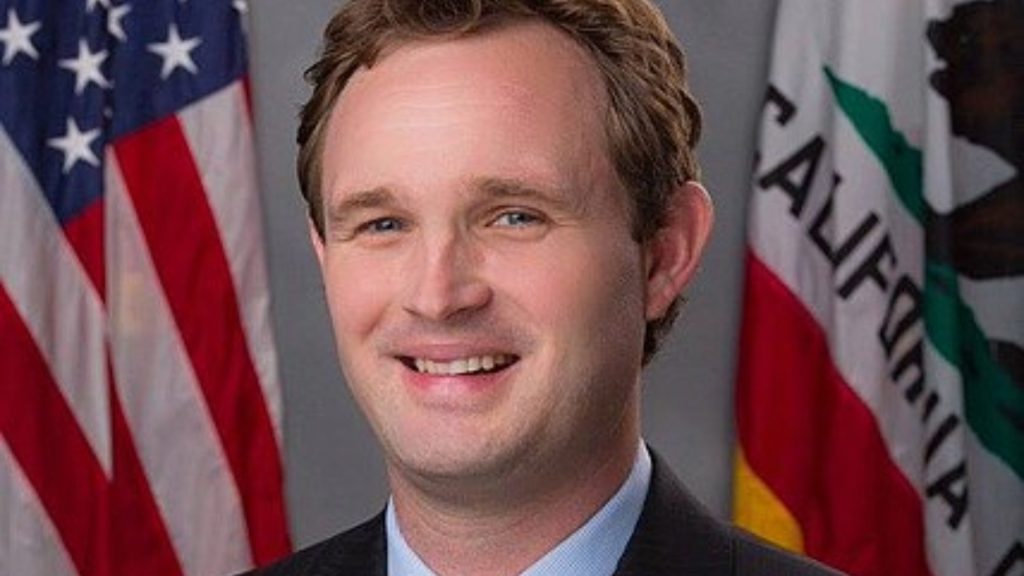
Gallagher said, “This exemption, there is no explanation for it. Someone had to push for it.”
Turning A Small Problem Into A Large Issue
According to University of California professor Dan Schnur, “The last time the governor got in the middle of a restaurant-related controversy, his hesitation to address it turned a small problem into a much bigger one.”
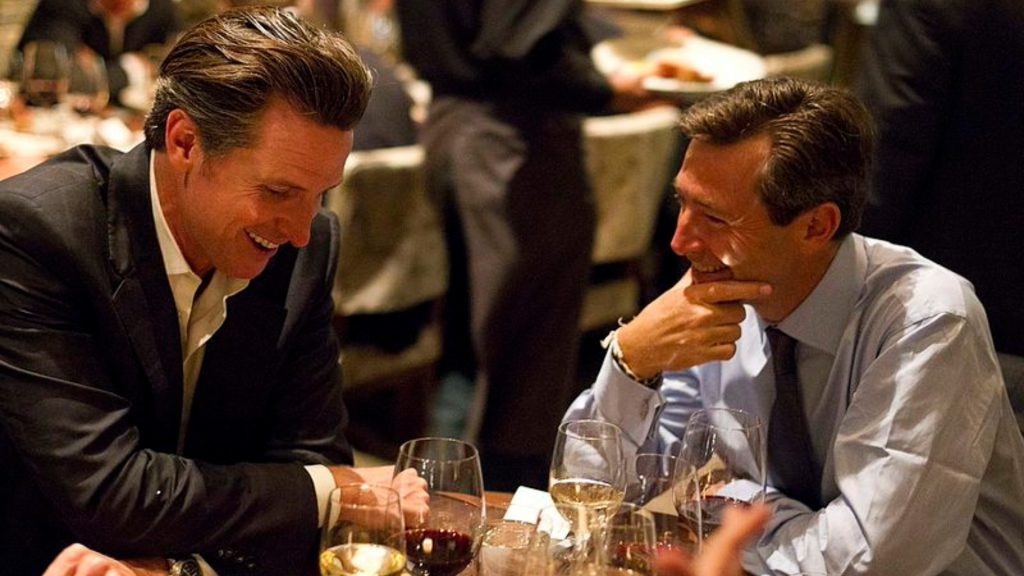
The issue poses a political risk for Newsom, similar to the backlash he faced for attending a lavish dinner during the 2020 lockdown.
Financial Repercussions For Chipotle and McDonald’s
McDonald’s said that the minimum wage law will increase costs significantly. The company has anticipated that the wage hike would cost an additional $250,000 a year for each one of its locations in California, hence, resulting in “devastating financial blow.”

Chipotle has stated that the wage hike will increase the company’s costs by another $74 million. The company said it will have to raise its menu prices in the “high single digits to preserve margins.”
Qualifying Under The Bread Exemption
To be eligible for the bread exemption, restaurants must have had commenced baking and selling bread on or before September 2023.
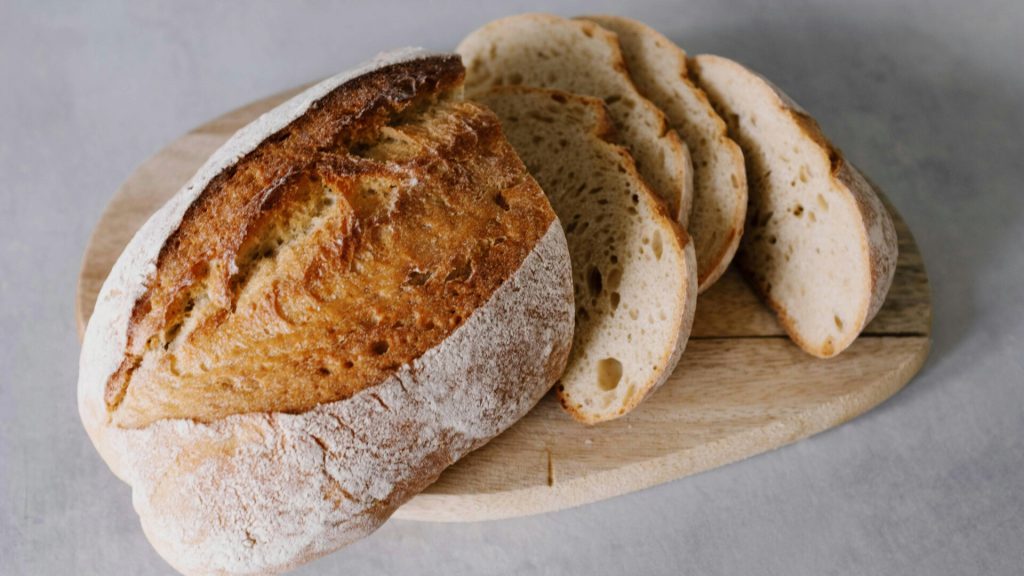
Bagels and croissants are not considered qualifying items under this exemption.
The Power Of Political Connections
Michelle Korsmo, CEO of the National Restaurant Association, remarked that the bread exemption is especially baffling.
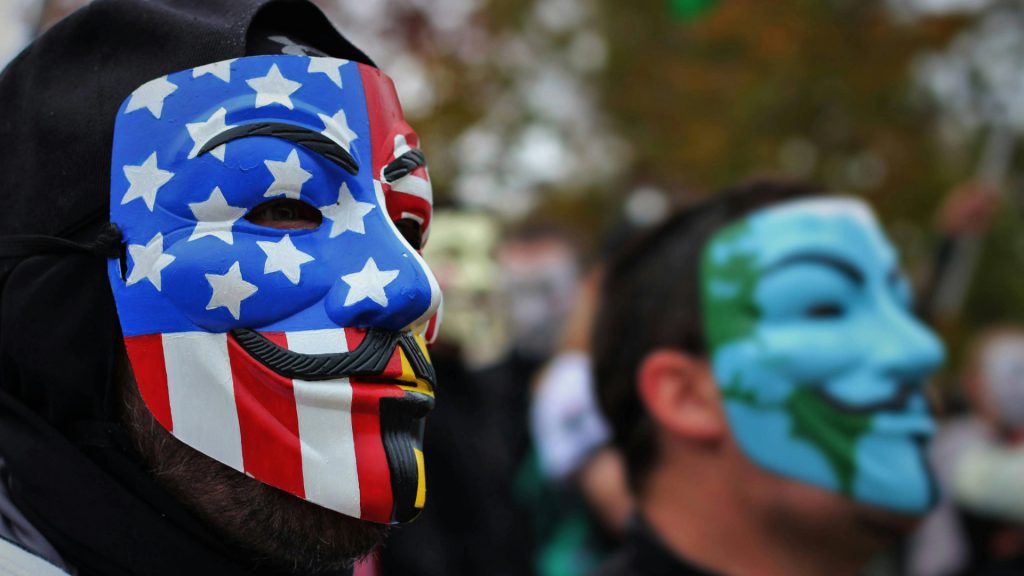
Korsmo said this exemption is a perfect example of why the member of her organization should “develop political connections to seek better legislative outcomes.”
Digital Order Kiosks
Harshraj Ghai, owner of 180 fast-food restaurants in California, shared he and his team are rapidly rolling out digital self-service order kiosks as part of their cost-cutting initiatives over the $20 minimum wage law. Ghai said, ““We can’t move fast enough on this [rollout].”

Ghai added, “We have kiosks in probably about 25% of our restaurants today. However, the other 75% are going to have kiosks in the next probably 30 to 60 days.”
Minimum Wage Law May Not Be In The Best Interest of Fast Food Chain Employees
According to USA Today, the new minimum wage law in California can be the harbinger of bad news for fast-food chain employees as many of them are now at the risk of losing their jobs. Many fast food restaurants cannot afford to pay their employees the new minimum wage. Hence, they are laying off employees.

Restaurants also have to find ways to come up with the money for the additional costs of labor. Many restaurants have increased their menu prices to compensate for the hike in operational costs.

